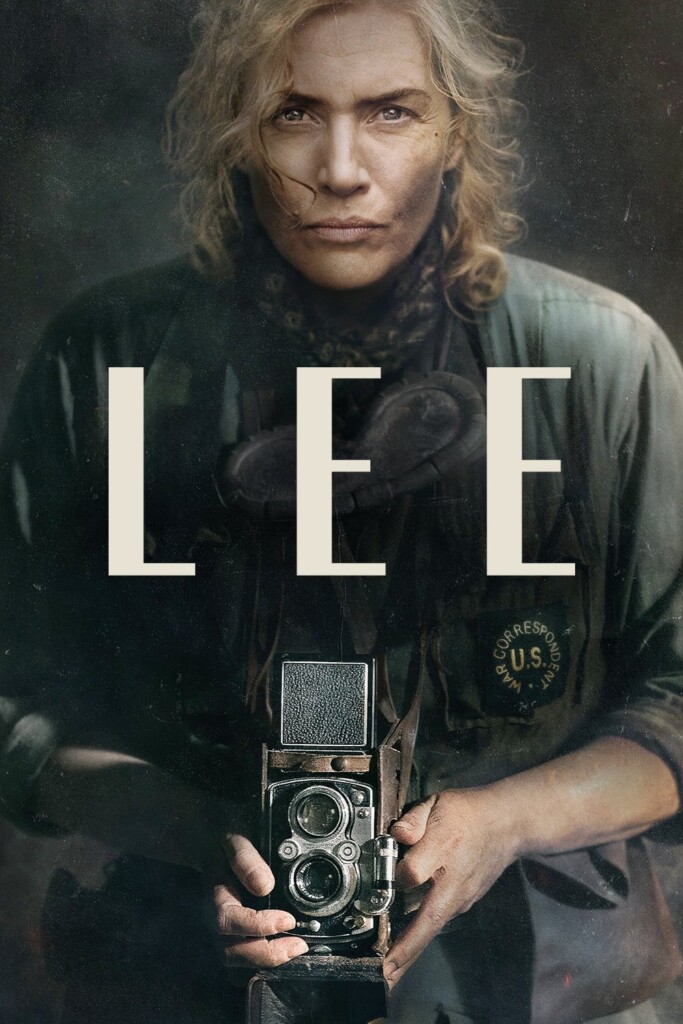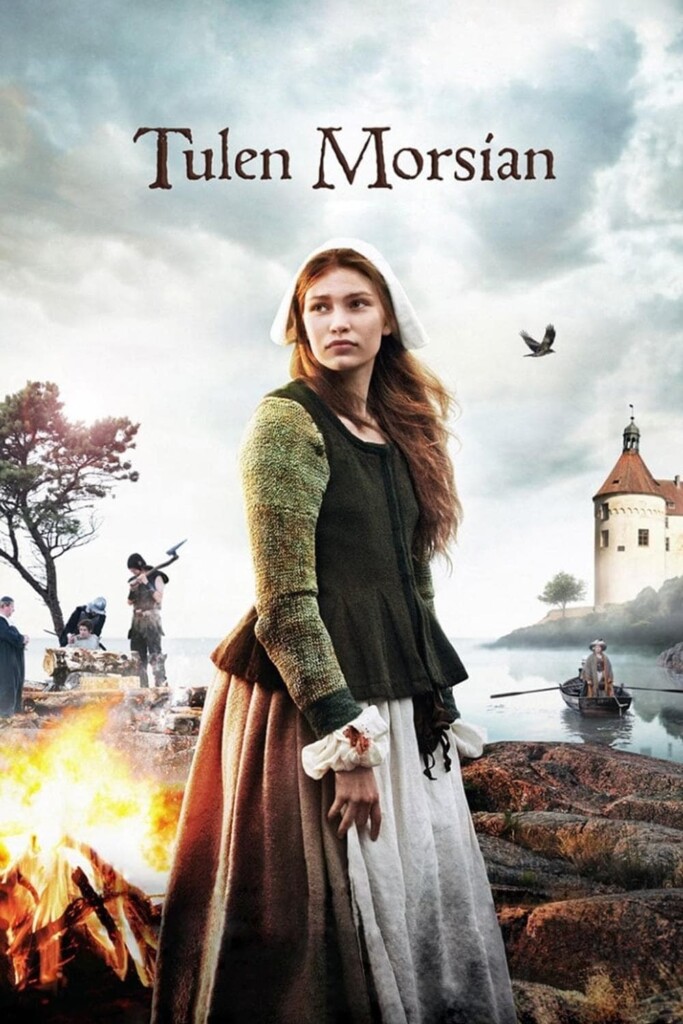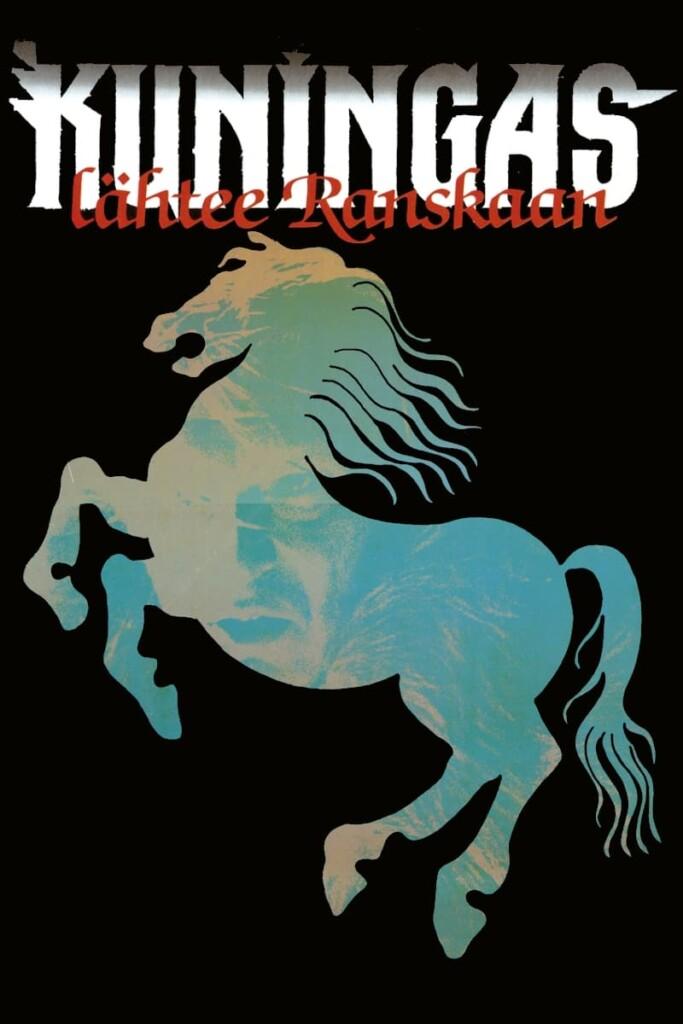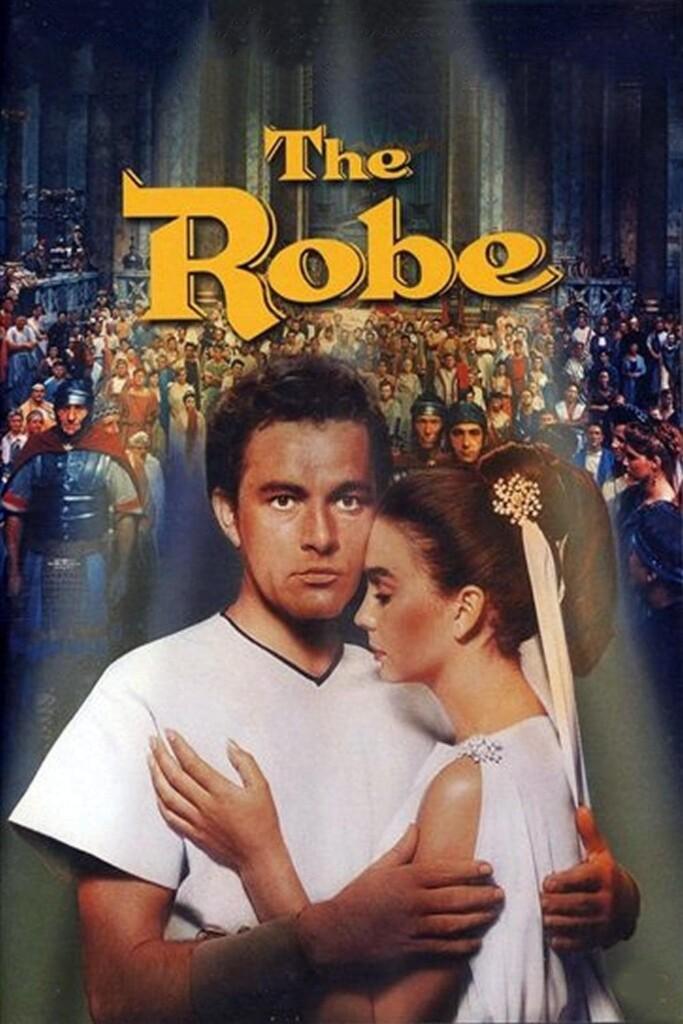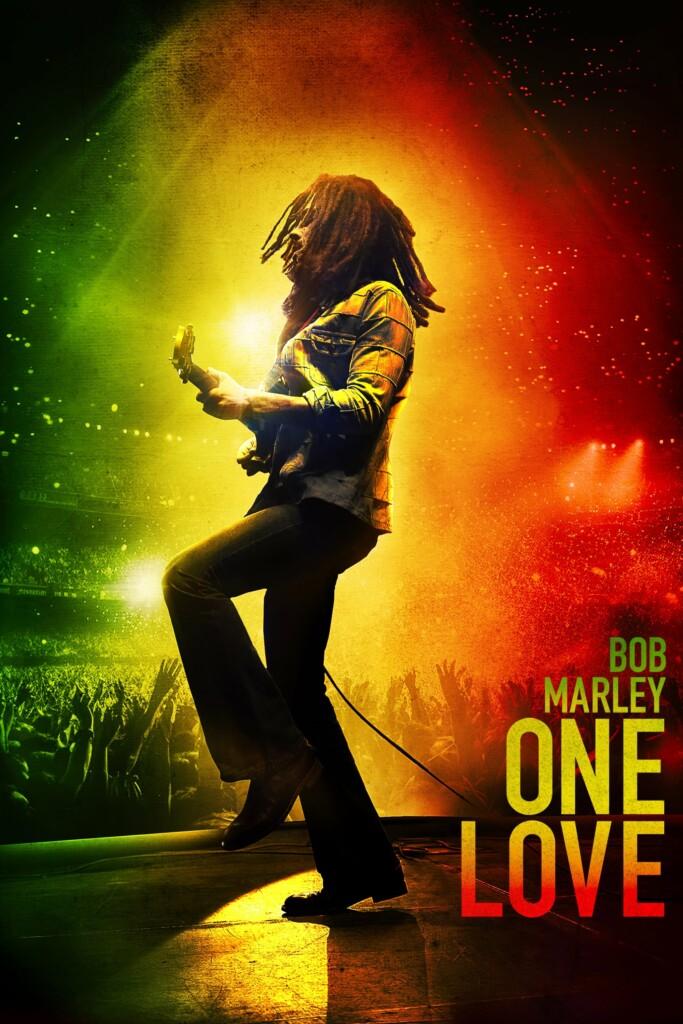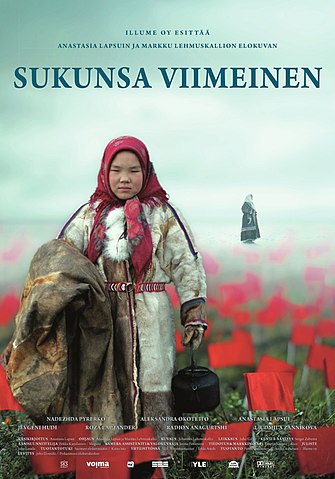Published:
Lee
Lee is a compelling biographical drama in which Kate Winslet delivers a powerful performance as photographer Lee Miller. Directed by Ellen Kuras, the film tells the extraordinary story of Miller’s life—how she transitioned from the fashion world and art circles of the 1920s into a fearless war photographer. Her work on the frontlines of World War II was not just about documentation but also a profound journey toward confronting the horrors of war and her own past.
The film portrays Miller’s relentless pursuit of exposing the brutal reality of war and its impact on people. One of history’s most famous war photographs—Miller in the bathtub of Hitler’s residence—holds special significance in the film. The cast also includes Alexander Skarsgård, Josh O’Connor, and Marion Cotillard. Lee is a powerful story of courage, the search for truth, and the lasting scars of war.

